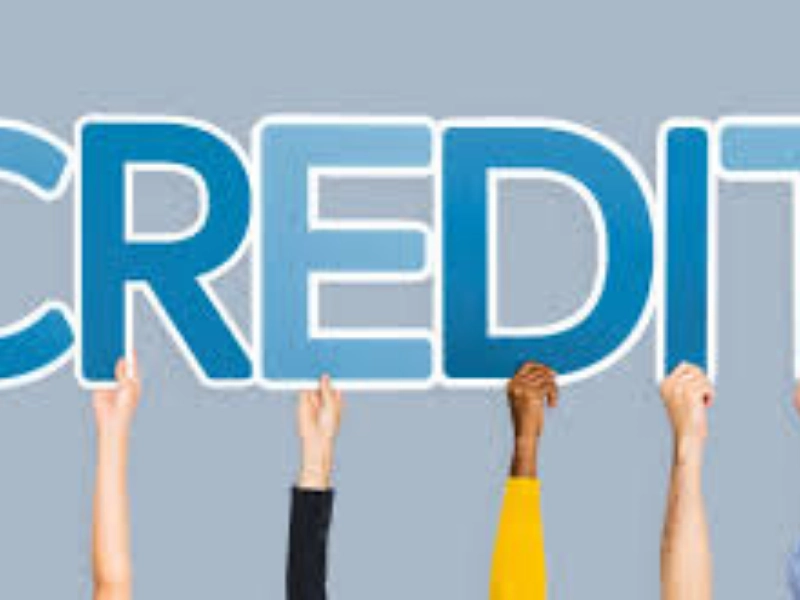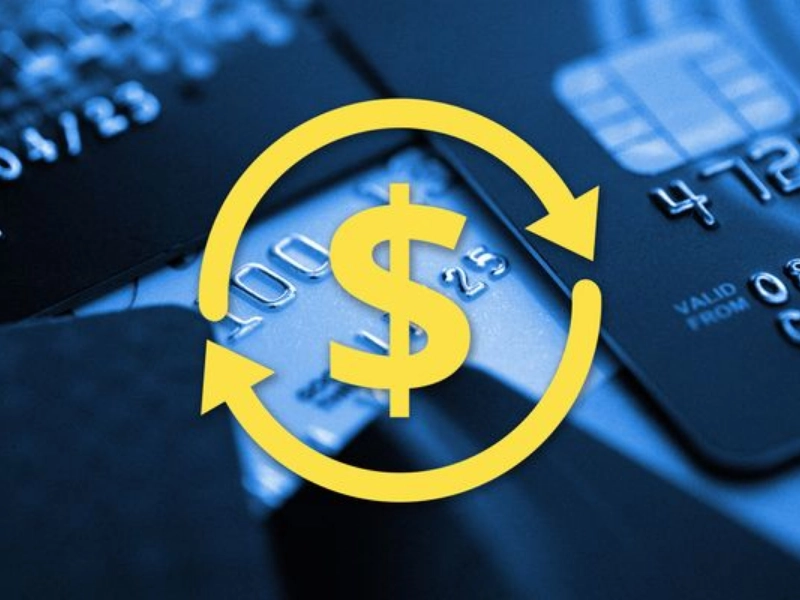Think about things like the amount you need to borrow, the requirements for your credit score, and the conditions of repayment when comparing personal loan options. You can avoid expensive personal loan rates and costs by choosing the appropriate substitute. Fast, unsecured finance for major purchases or unforeseen bills is provided via personal loans. Nevertheless, they may have stringent qualifying requirements and expensive costs.

 A house equity line of credit (HELOC) could provide a more flexible option to borrow money if your house has enough equity. But before taking out a secured loan, it's crucial to evaluate your credit score and financial status. Because you will be using your home as collateral, HELOCs might be riskier than personal loans when it comes to debt consolidation and can result in costly debt if you don't pay off the entire balance each month.
To ensure they can meet these standards, borrowers should also take the duration of the repayment term and interest rates into account. A security deposit is required by certain lenders but not by others. Assess the amount of collateral you are willing to provide and whether the lender will expedite the processing of your loan application. Additionally, borrowers should be aware that although personal loans may have greater costs than other forms of borrowing, they often have lower annual percentage rates, or APRs, than credit cards. Lender-to-lender differences exist in terms of fees and APR.
A house equity line of credit (HELOC) could provide a more flexible option to borrow money if your house has enough equity. But before taking out a secured loan, it's crucial to evaluate your credit score and financial status. Because you will be using your home as collateral, HELOCs might be riskier than personal loans when it comes to debt consolidation and can result in costly debt if you don't pay off the entire balance each month.
To ensure they can meet these standards, borrowers should also take the duration of the repayment term and interest rates into account. A security deposit is required by certain lenders but not by others. Assess the amount of collateral you are willing to provide and whether the lender will expedite the processing of your loan application. Additionally, borrowers should be aware that although personal loans may have greater costs than other forms of borrowing, they often have lower annual percentage rates, or APRs, than credit cards. Lender-to-lender differences exist in terms of fees and APR.
 There are alternatives to personal loans that could be able to meet your demands for funding. It's crucial to thoroughly weigh all of your options and decide on one that fits both your budget and your overall financial objectives.
Peer-to-peer lending uses internet platforms to link investors, including people and businesses, with borrowers. Before you apply for a loan, you may verify your annual percentage rate (APR) and prequalification status with these lenders.
If you have a strong credit score, you can usually take advantage of introductory rates, which waive interest for a predetermined amount of time. Credit cards are a fantastic option for covering little bills or unplanned costs. When utilizing these cards, you should take caution, though, as continuing to borrow can result in needless debt. If you need flexible financing for significant purchases like home improvement projects, personal lines of credit might be a better option. Although the interest rates on these loans are usually cheaper than those on credit cards, there may be extra costs or minimum draw requirements.
There are alternatives to personal loans that could be able to meet your demands for funding. It's crucial to thoroughly weigh all of your options and decide on one that fits both your budget and your overall financial objectives.
Peer-to-peer lending uses internet platforms to link investors, including people and businesses, with borrowers. Before you apply for a loan, you may verify your annual percentage rate (APR) and prequalification status with these lenders.
If you have a strong credit score, you can usually take advantage of introductory rates, which waive interest for a predetermined amount of time. Credit cards are a fantastic option for covering little bills or unplanned costs. When utilizing these cards, you should take caution, though, as continuing to borrow can result in needless debt. If you need flexible financing for significant purchases like home improvement projects, personal lines of credit might be a better option. Although the interest rates on these loans are usually cheaper than those on credit cards, there may be extra costs or minimum draw requirements.
 Loans are not the only financing option, even if they can be helpful for a range of needs. Depending on your financial condition and aspirations, credit cards, personal lines of credit, 401(k) loans, and other options may all offer various benefits.
If you have a 401(k) or other employer-sponsored retirement plan, for instance, you can take out a loan directly from your account; this usually does not require a credit check. In addition, the interest you pay is reinvested in your retirement account—a significant benefit when considering the exorbitant interest rates associated with conventional loans.
But make sure you read the terms and restrictions of your plan before taking out a loan from your 401(k). Certain plans have a cap on the number of times you can take out loans from your account and demand repayment of the outstanding amount within five years, or until you reach age 59 1/2. Some also forbid lending money to a partner or child. Additionally, remember that there are taxes and penalties associated with withdrawals from a 401(k).
Loans are not the only financing option, even if they can be helpful for a range of needs. Depending on your financial condition and aspirations, credit cards, personal lines of credit, 401(k) loans, and other options may all offer various benefits.
If you have a 401(k) or other employer-sponsored retirement plan, for instance, you can take out a loan directly from your account; this usually does not require a credit check. In addition, the interest you pay is reinvested in your retirement account—a significant benefit when considering the exorbitant interest rates associated with conventional loans.
But make sure you read the terms and restrictions of your plan before taking out a loan from your 401(k). Certain plans have a cap on the number of times you can take out loans from your account and demand repayment of the outstanding amount within five years, or until you reach age 59 1/2. Some also forbid lending money to a partner or child. Additionally, remember that there are taxes and penalties associated with withdrawals from a 401(k).